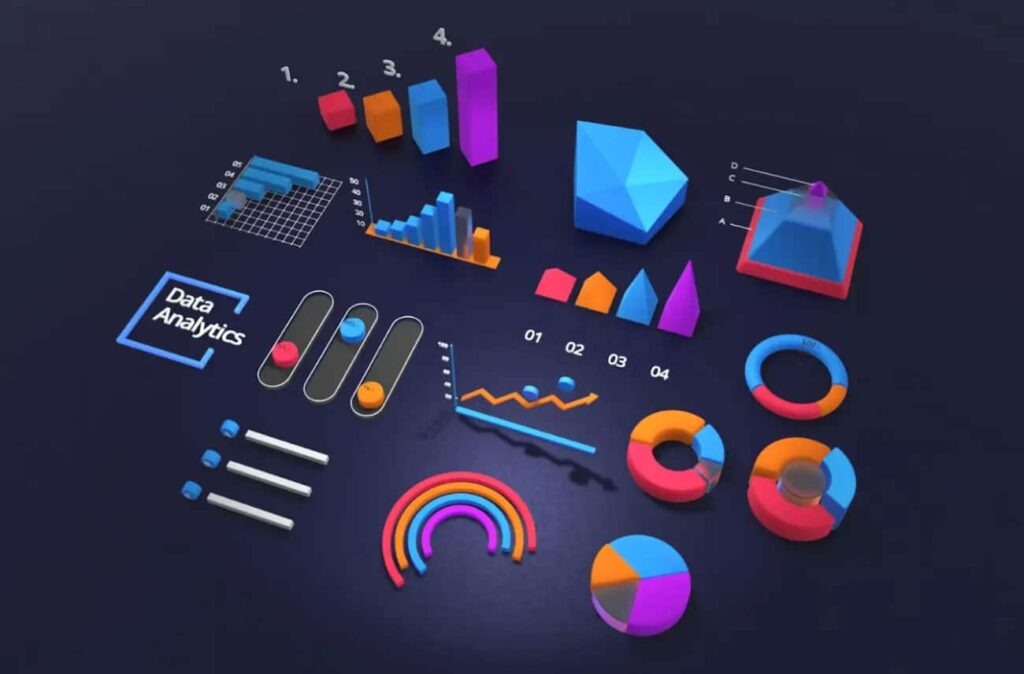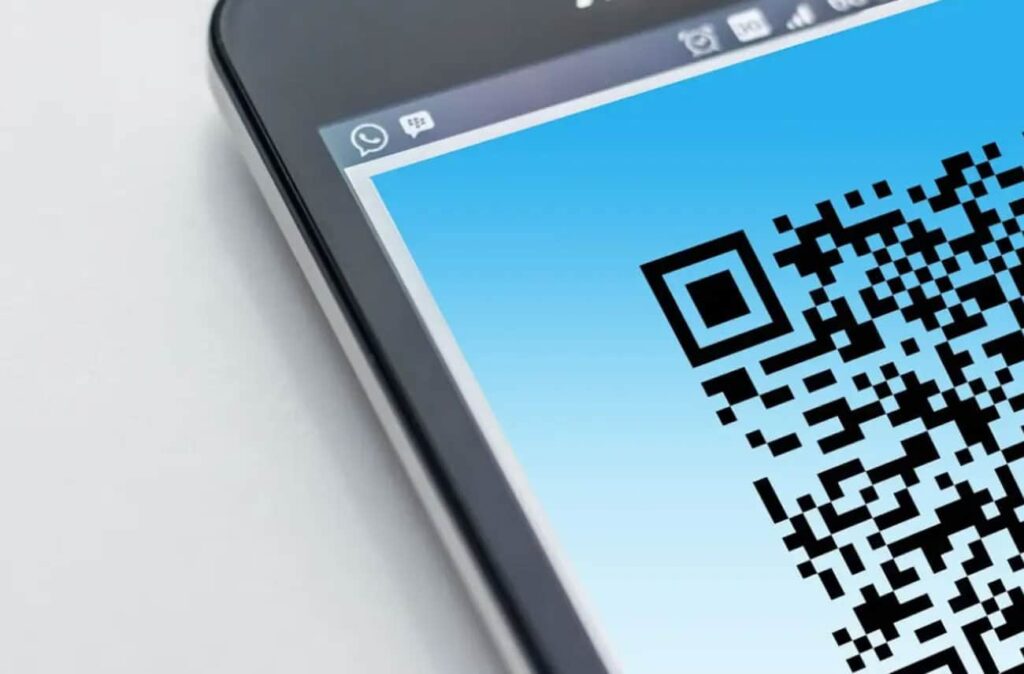
What is event data and how do you use it?
The Power of Data in Event Management
In today’s fast-paced event environment, data is crucial for making informed decisions, improving attendee experiences, and ensuring events run smoothly. Whether you’re hosting a conference, concert, festival, or trade show, leveraging real-time event data can make all the difference. But what exactly is event data, and how can you use it to your advantage? Let’s dive in.
What Is Event Data?
Event data is the information collected before, during, and after an event. It covers attendee details, session participation, operational performance, and social media activity. By tracking this data, organisers can optimise planning, improve event execution, and evaluate success.
Key types of event data include:
- Attendee Data: Registrations, demographics, and engagement
- Operational Data: Schedules, logistics, and staffing
- Audience Behaviour & Satisfaction: Feedback and session ratings
- Financial Data: Ticket sales and budget tracking
- Social Media Activity: Mentions, sentiment, and hashtag performance
How to Use Event Data Effectively
Real-time data allows organisers to make smarter decisions by enabling quick adaptations during the event. Whether it’s adjusting schedules, optimising session attendance, or resolving issues as they arise, data ensures everything runs smoothly. By understanding attendee preferences and behaviour, organisers can enhance the experience through personalised recommendations, timely notifications, and immediate problem resolution. Monitoring key metrics such as session popularity and attendee satisfaction helps track event performance and make necessary adjustments on the fly. After the event, data provides valuable insights for post-event analysis, helping organisers evaluate what worked well, identify areas for improvement, and share feedback with sponsors to plan more successful events in the future.
Tools for Collecting and Analysing Event Data
To make the most of event data, it’s essential to have the right tools in place. Event management software, such as Cvent, Eventbrite, and Bizzabo, helps with registrations, logistics, and data collection while providing real-time tracking of key metrics. Mobile event apps like Whova and EventMobi allow organisers to monitor session attendance, gather feedback, and gain immediate insights into attendee behaviour. Additionally, social media monitoring tools like Hootsuite track online activity and sentiment, enabling you to gauge attendee reactions and measure the overall buzz surrounding your event. These tools work together to ensure you can collect, analyse, and act on event data in real time.
Conclusion
Event data is essential for successful event management. By tracking the right metrics and using real-time insights, organisers can make informed decisions, enhance the attendee experience, and improve event outcomes. Whether it’s adjusting schedules, boosting engagement, or measuring ROI, leveraging event data helps ensure your event is a success. So, next time you plan an event, make sure to collect and use data to its full potential—it could be the key to unlocking a seamless, impactful experience.




